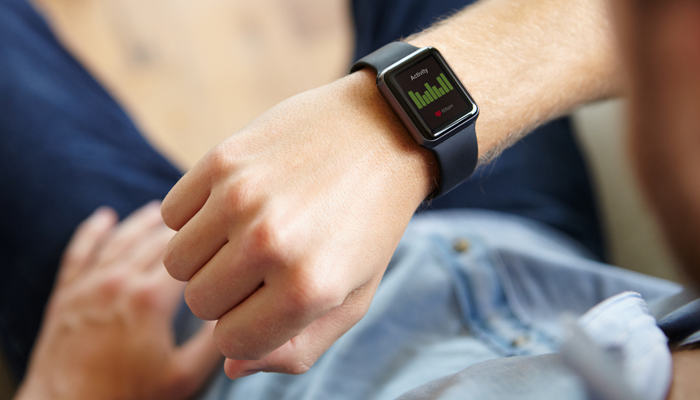IMDEA Networks

New Directions in Ultra-low Power Communication and Computation

Deepak Ganesan, Catedrático, University of Massachusetts Amherst, MA, EE.UU.; Visiting Professor, IMDEA Networks; Cátedra de Excelencia Universidad Carlos III de Madrid - Banco Santander, España
External Presentation (External Speaker)
Wearable and IoT devices increasingly use high-rate sensors such as IMUs, microphones, and cameras that operate at ultra-low power budgets between tens of microwatts and a few milliwatts in always-on mode. But these always-on rich sensors generate a huge amount of data which stresses the communication and computation capabilities of resource-limited sensor devices, particularly when used in real-time scenarios. I will describe our work on communication and computation building blocks to tackle this problem. On the communication side, I will describe ultra-low power radios that rely on combination of active and passive components to enable continuous communication of rich sensor data while operating at tens of microwatts of power. On the computation side, I will describe how we can leverage low-power neural accelerators and low-power communication to enable energy-efficient execution of deep learning models.
About Deepak Ganesan
Deepak Ganesan is a Professor in the College of Information and Computer Sciences at UMass Amherst. He is the Director of the Center for Personalized Health Monitoring at UMass Amherst, a $40 million center for fabrication of new health devices, and a thrust lead for the NIH-funded MD2K Center for Excellence on Mobile Sensor-to-Knowledge (http://md2k.org). His recent work has been recognized by Best Paper Awards and nominations at Mobicom, MobiSys, CHI and Ubicomp. In addition to academic endeavors, he is a co-founder of Lumme Inc, which is commercializing some of his work on addictive behavior detection and intervention. He is an ACM Distinguished Scientist.
Este evento se impartirá en inglés

